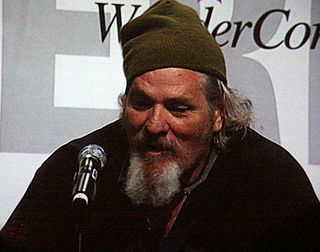A Quote by Anne Roiphe
I think that certainly the artists of the '40s, '50s and '60s were fighting a very conformist society, which didn't give them enough space to live or create, and they were bucking all kinds of spoken and unspoken rules.
Related Quotes
I think Hollywood has gone in a disastrous path. It's terrible. The years of cinema that were great were the '30s, '40s, not so much the '50s...but then the foreign films took over and it was a great age of cinema as American directors were influenced by them and that fueled the '50s and '60s and '70s.
The core of Animal House was about prejudice, about equality, and about inclusion/exclusion. It was about a group of people who were together and anything went. Anybody who wanted in could get it in. Then there was that other group that nobody could get in, unless they were white, and just alike. It was very representative of the culture in the '60s, '50s, and '40s in America.
The first comedians I became fascinated with were the Marx brothers. I couldn't get enough of them. Later in life, I thought, "Well, maybe it's because they were so rebellious and they were just flipping the bird to society and all the rules we're supposed to follow." They were saying that none of it is fair.
We had a moment in the '40s and '50s, where female characters were very strong in film, where these incredible roles were written for women like Joan Crawford, like Bette Davis. But then there was a space of time where - I don't know why - it wasn't like that. It became difficult for women to find certain roles after a certain age.
When I see an old movie, like from the ’40s or ’50s or ’60s, the people look so calm. They don’t have smartphones, they’re not looking at computer screens, they’re taking their time. They’ll sit in a chair and just stare off into space. I think some day we’ll find our way back to that garden of Eden.































